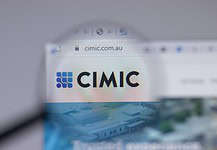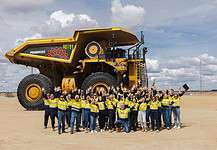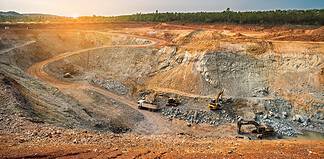BHP claims that it has fired at least 48 workers from its WA mining camps for sexual harassment or assault since 2019. Other preventative measures include more CCTV cameras, 24/7 security, better lighting and better locks. This information was revealed to a parliamentary inquiry examining sexual harassment against women at WA mine sites.
Included in this inquiry were the results of a survey conducted by the Western Mineworkers Alliance which found that nearly a quarter of women working in WA mine sites have experienced physical acts of sexual assault, and two-in-three experienced harassment of a sexual nature.
This is a serious and widespread issue for women who work in mining. Workplace safety has been high on the agenda across the country, with the Respect@Work inquiry finding room for improvement at a legislative and cultural level, as well as person-to-person.
The two-day National Summit on Women’s Safety began presentations on Monday, August 6th. The program featured a ‘Roadmap to Respect@Work’ panel to outline changes to workplaces. Kate Jenkins, who led the Respect@Work inquiry, is the Sex Discrimination Commissioner and a member of the Australian Human Rights Commission, pointed to gender/ power disparities in workplaces as a driving factor of harassment and assault. This reflects reports from women working on mine sites.
Prime Minister Scott Morrison delivered the keynote address to the Summit on Women’s Safety on Monday, also stating that there are cultural factors driving violence against women. The federal Government has amended legislation based on several of the Respect@Work recommendations for legislative reform, including making sexual harassment a sackable offence.
However, the Government notably turned down or passed over changes that would require companies to take proactive steps to eliminate sexual harassment or assault in their workplaces, and changes to the Human Rights Commission Act that would allow unions to bring claims to courts, allowing them to shoulder the expense and risk.
Rio Tinto and Chevron’s submissions to the sexual harassment against women in mining inquiry outlined their goals to increase the number of women employed by them. Rio Tinto’s submission stated that in 2021, more than 61% of its graduate intakes were female. Chevron said it was aiming for gender parity for hired graduates. BHP set a target in 2016 to achieve a gender-balanced workforce by 2025, and in that time the company has increased its percentage of female workers from 17% to 29%, and 25% of senior management.
A higher proportion of women in the mining workforce could see change to the culture. Tania Constable, the chief executive of the Minerals Council of Australia (MCA) has delivered a statement of support for government reforms based on the Respect@Work recommendations.
“The MCA commends the Australian Parliament for today passing significant reforms to prevent sexual harassment in workplaces. Sexual harassment is unacceptable, against the law and must be eliminated from our culture and workplaces.” said Ms. Constable.
“The minerals industry has committed to eliminating sexual harassment in its workplaces and has adopted a national Industry Code that provides clear expectations on members to establish both preventative and response measures to address sexual harassment.
“The industry acknowledges that we are only part of the way on the journey to eliminate sexual harassment, and we look forward to working closely with governments, employer groups, employee groups and communities in achieving our goal.”
Any meaningful action taken to eliminate the risk of sexual harassment or assault on mine sites is important. Everyone has the right to be safe at work.
If you or someone you know is impacted by family and domestic violence or sexual assault, call 1800RESPECT on 1800 737 732 or visit 1800RESPECT.org.au.
In an emergency, call 000.
The Men’s Referral Service provides information for men about domestic violence and can be contacted on 1300 766 491.







































